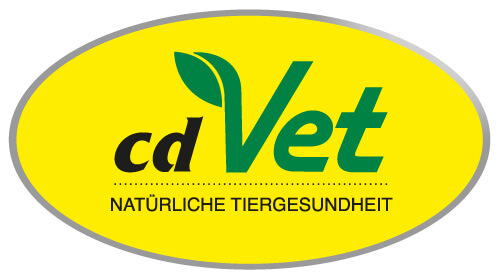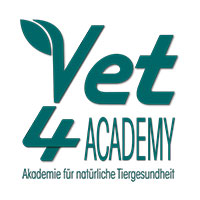Avoid antibiotics naturally
Animals kept in the barn do not always have access to herbs or roots. But it is precisely these herbs and roots that strengthen the immune system and contribute to the health of the animal. cdVet offers natural feed to provide your pet with the necessary support brining the field to the stable.
Filter products
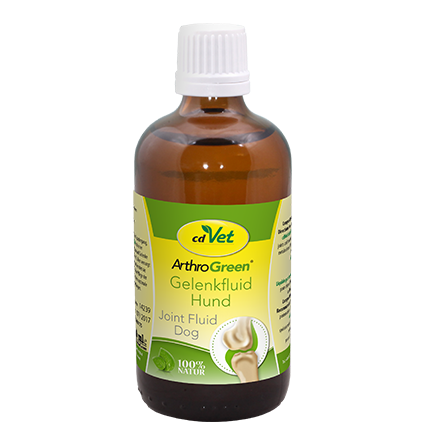
ArthroGreen Jointfluid 100 ml
Care product for dogs and horsesNatural herbal extract for the care of the skin in the joint area after particular strainsIt is particularly important to support the skin‘s metabolism and optimally prepare the tendons and joints for the forthcoming exertions before and after particular exertions, such as walks, races, competitions, trail and endurance rides, etc.Expert tip: ArthroGreen herbal is recommended as nutrition-related support. This combination has proven to be particularly effective for swollen legs.Composition: Alcohol-based herbal combination with extracts from: birch leaves, horse chestnut blossoms, mountain arnica blossomsHow to use: Apply to joints and tendons in the leg area with a gauze compress or cotton cloth 15-30 minutes before and after strain (walk, training, work). Do not bandage afterwards! This supplies the metabolism of the skin, tendons, and joints.Store it cool and dark!WARNING • Flammable liquid and vapour. Keep out of reach of children. Keep away from heat, hot surfaces, sparks, open flames and other ignition sources. No smoking. Keep container tightly closed. Dispose of contents/container to hazardous waste collection point.
Content: 0.1 Liter (€219.50 / 1 Liter)
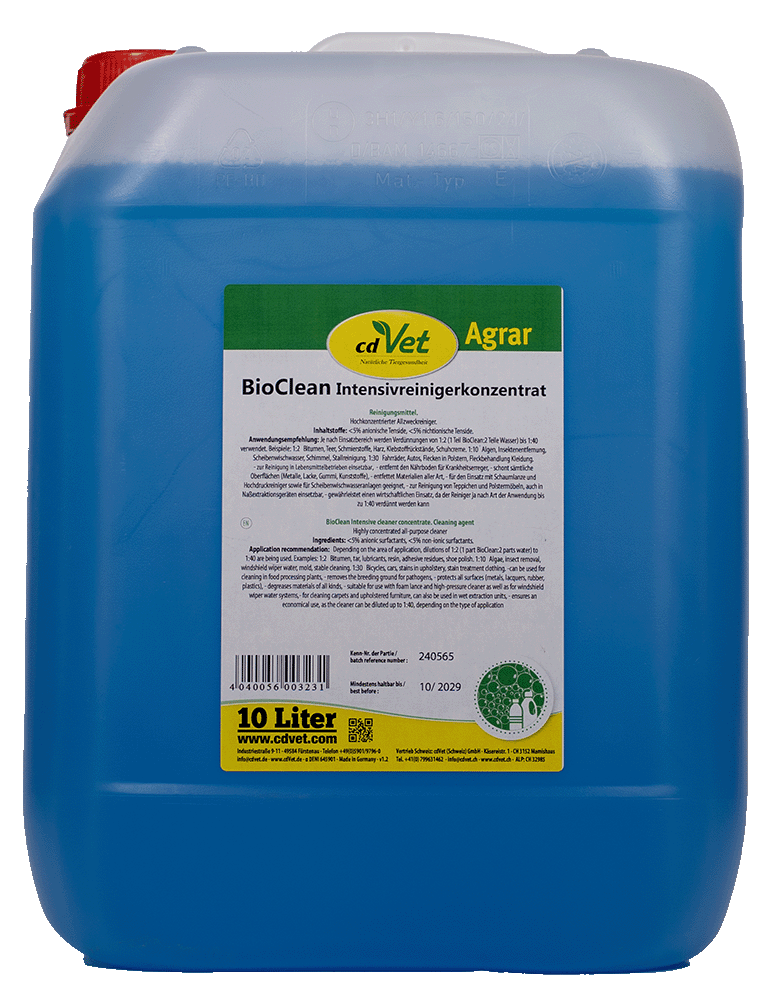
BioClean Intensive Cleaner Concentrate 10 L
Cleaning agentHighly concentrated all-purpose cleanerBioClean Intensive Cleaner Concentrate is a powerful all-purpose cleaner for removing stubborn dirt. Removes grease, oil, resin, wax, nicotine, pencil, ballpoint pen, felt-tip pen, ink, soot, insects, blood, egg white, tar stains, shoe polish, coffee, tea and wine stains. Universally applicable for cleaning surfaces and objects made of metal, stainless steel, iron, plastic, paint, wood, rubber, stone, ceramics and porcelain, glass, textiles, carpet, upholstered furniture and much more.can be used for cleaning in food processing plantsremoves the breeding ground for pathogensprotects all surfaces (metals, lacquers, rubber, plastics)degreases materials of all kindssuitable for use with foam lance and high-pressure cleaner as well as for windshield wiper water systemsfor cleaning carpets and upholstered furniture, can also be used in wet extraction unitsensures an economical use, as the cleaner can be diluted up to 1:40, depending on the type of applicationIngredients: <5% anionic surfactants, <5% non-ionic surfactantsList of ingredients: AQUA, SODIUM C10-13 ALKYL BENZENESULFONATE, TRISODIUM DICARBOXYMETHYL ALANINATE, POTASSIUM CUMENESULFONATE / SODIUM CUMENESULFONATE, SODIUM METASILICATE, POTASSIUM HYDROXIDE, SODIUM COCETH-30 SULFATE, C12-14 PARETH-7, Cl Direct Blue 199Application recommendation: Depending on the area of application, dilutions of 1:2 (1 part BioClean:2 parts water) to 1:40 are being used. Examples: 1:2 Bitumen, tar, lubricants, resin, adhesive residues, shoe polish. 1:10 Algae, insect removal, windshield wiper water, mold, stable cleaning. 1:30 Bicycles, cars, stains in upholstery, stain treatment clothing.DANGER • Contains benzenesulfonic acid, C10-13 alkyl derivatives, sodium salts, and disodium metasilicate. Causes serious eye irritation. Keep out of reach of children. Wear protective gloves/protective clothing/eye protection/face protection. IF IN EYES: Rinse cautiously with water for several minutes. Remove contact lenses, if present and easy to do. Continue rinsing. Immediately call a POISON CENTER/doctor. IF ON SKIN: Wash with plenty of water and soap. If skin irritation occurs: Get medical advice/attention.
Content: 10 Liter (€11.89 / 1 Liter)
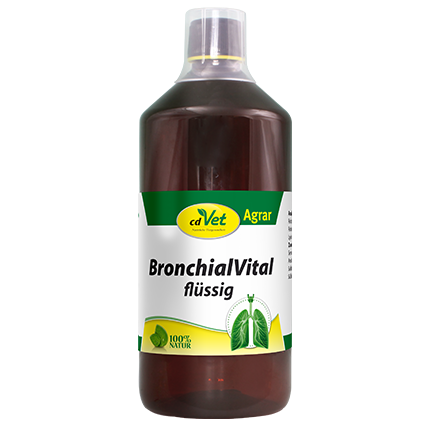
BronchialVital liquid 1 L
Complementary feed (liquid) for pigs and cattleNutrition-related support of the self-cleaning mechanism of the bronchiThe mucus-forming ingredients of BronchialVital liquid protectively cover the affected respiratory tracts and support the body‘s own defense mechanisms. At the same time, the irritation of the cough is soothed and reduced. In addition, the essential oils contained in the herbs ensure a gentle dissolution of stuck mucus, make it difficult for pathogenic bacteria to settle there, and thus facilitate the natural process of coughing up. BronchialVital liquid is tolerated by animals of all ages.BronchialVital liquid is particularly recommended at the first signs of respiratory sensitivities in the stable and in times of increased strain on the respiratory condition (e.g. re-stabling and new stabling).Composition: fruit vinegar, elderberry juice, beetroot juice, sea buckthorn berry juice, acerola cherry pulp, thyme leaves and blossoms, fennel seeds, ribwort plantain leaves, anise seeds, licorice roots, sage leaves, eucalptus leavesAdditives/kg: Flavouring compounds: ethanol (2b02078) 13.5 g.Analytical constituents: crude protein 0.3%, crude fat 0.2%, crude fiber 0.5%, crude ash 0.4%, moisture 93%, sodium 0.02%, lysine 0%, methionine 0%Feeding recommendation: Add daily to the feed. Cows/bulls: 10-20 ml/animal. Calves: 3-5 ml/animal. Sows: 5-10 ml/animal. Pigs for fattening: 2-5 ml/animal. Piglets: 1 ml/animal.
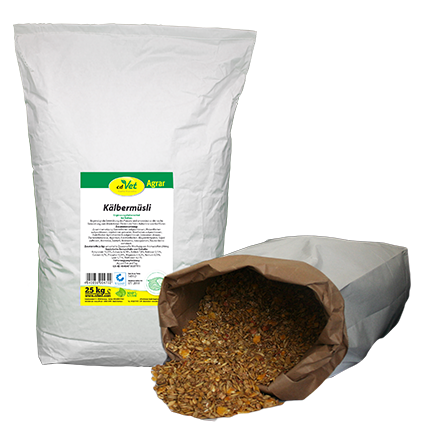
Calves muesli 25kg
Complementary feed for calvesFavors the development of the rumen and thus supports the rapid development of ruminants. Promotes early intake of concentrated feed.Calves-muesli supports a rapid and efficient development to a ruminant and facilitates an early acceptance of concentrated feedingstuffs. A high content of starch abets a good development of the rumen and provides many volatile fatty acids which are significantly involved in the growth of the villi of the rumen. For the calf those sources of protein are easily available and easy to digest. Calves-muesli consists of hydro-thermally dissolved grain. This provides a high texture quality of the feed. Thus the calf salivates more easily and, at the same time, the danger of hyperacidity is being diminished. Because of the intermixture of first-class milk powder the change of feed is easily accepted by the calves.Composition: Barley flakes pretreated, wheat flakes pretreated, soybean toasted, corn flakes pretreated, oatmeal hydrothermally treated, linseed (brown), sugar cane molasses, maerl, carrot flakes, skimmed milk powder, rapeseed oil (refined), brewer’s grains, brewer‘s yeast, malt rootlets, seaweed meal, grape pips meal.Additives per kg: sensory additives: mixture of flavorings 250mgAnalytical constituents and contents: Crude protein 15,55%, crude ash 4,74%, crude fat 7,8%, crude fibre 5,13%, calcium 0,7%, phosphorus 0,34%, magnesium 0,2%, sodium 0,05%, lysin 0,71%, methionine 0,23%.Feeding recommendation: 2kg per animal and dayQS-ID 4048473937771
Content: 25 Kilogramm (€1.49 / 1 Kilogramm)
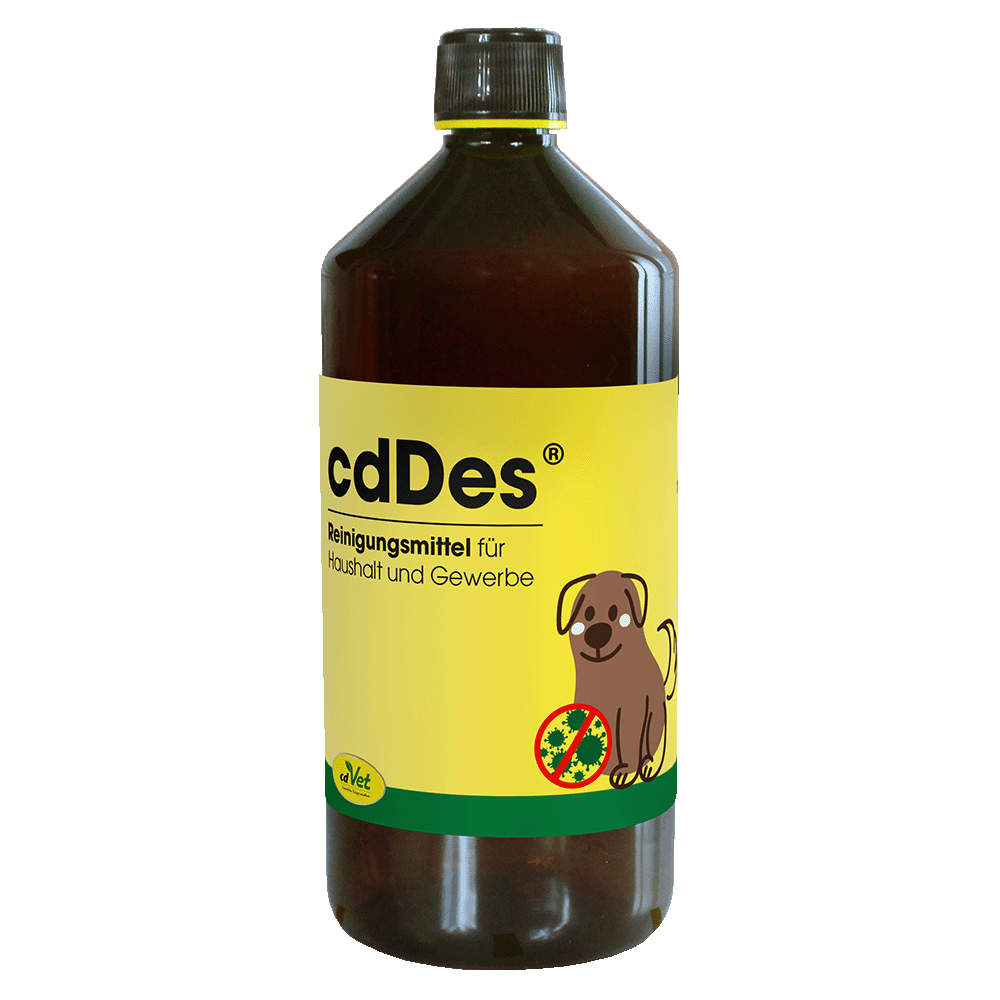
cdDes 1 L
Cleaning agent for stable, household, and industryHygiene agentFor the high health and hygiene standards of our society detergents are indispensable. cdDes is a fast-acting detergent and hygiene agent without petrochemical ingredients. The mild composition enables thus gentle cleaning of everyday items. In a special electrolyte process, salt, water, and electricity are used to produce a highly effective detergent and hygienic agent, which after its cleaning action breaks down into its source materials, water and salt. cdDes contains no surfactants, no colorants and fragrances, no preservatives, and is fat- and oil-free.Range of uses:Wipeable surfaces of all kinds: tables, chairs, light switches, door handles, and similar contact surfacesCleaning of utensils, appliances, work tables, etc.Cleaning of objects that come into contact with animals: Transport containers, drinking bowls, pieces of furniture, brushes, etc.Cleaning of piping systems: Milking systems, drinking water systems, etc.Advantages:no by-product formation and residues, but disintegration into its natural source materials (water and salt) after the cleaning processno addition of chemicalsdermatologically testedshort contact timeseasy handlingComposition: sodium-containing, electrolytical-energetically treated waterApplication recommendation: spray affected areasQuantity applied: ca. 5 ml/m2. Up to 250 ml bottle: 1 spray = ca. 0.15 ml. From 500 ml bottle: 1 spray = ca. 1.3 ml.Store it cool and dark!
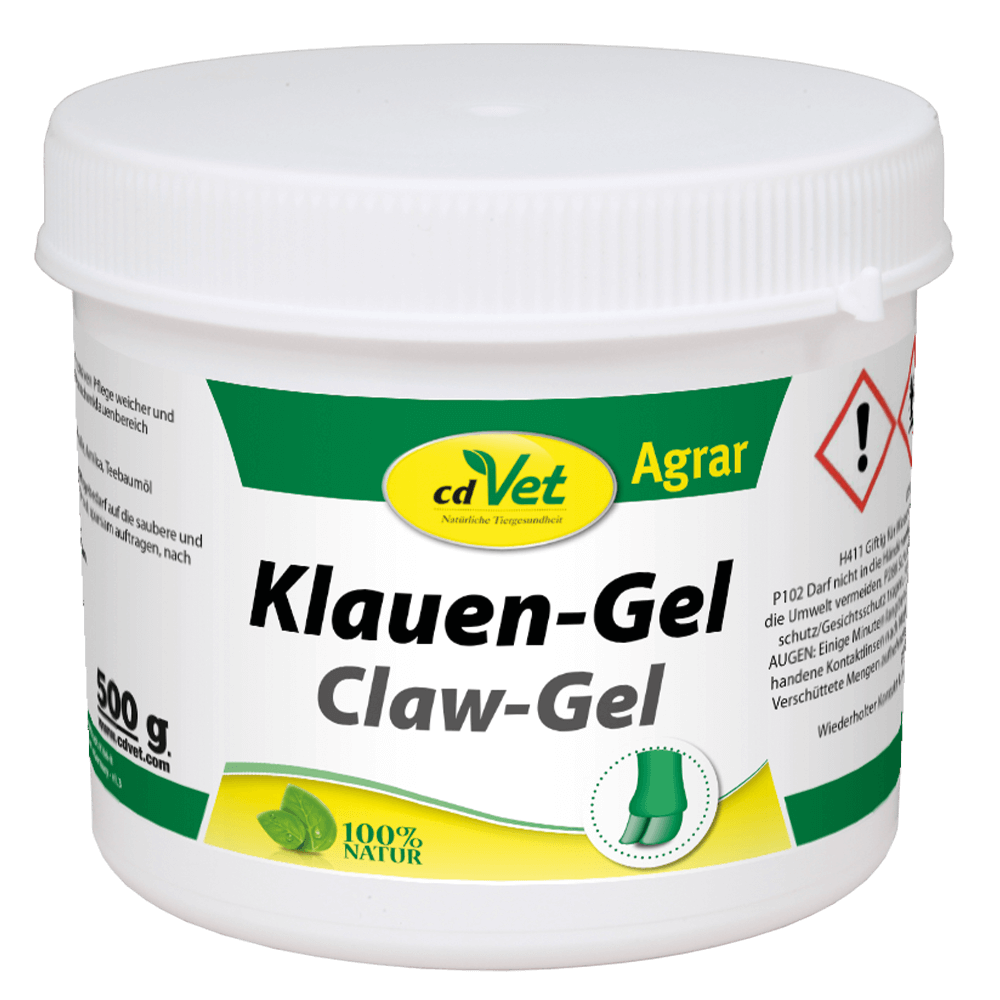
Claw Gel 500g
Care productNatural claw care products for the intensive care of soft and stressed skin, even in the fetlock and between claw area - no waiting time!Claw-Gel is a purely natural claw care product for the intensive care of sensitive skin. It forms an oxygen-permeable protective film on the affected skin.Advantages of Claw Gel:- Maintains intensive spots in the intermediate claw area, as well as other skin areas - even in adverse conditions, such as rotting / wet load of manure / manure and thus counteracts softening of claws and skin- no inhibitors- easy to useTip of an expert: Also suitable for skin areas in the thigh area.Composition: Copper sulfate, zinc sulfate, potassium aluminum sulphate, chamomile, arnica, tea tree oilInstructions for use: After cutting the claws or in need of care apply ClawGel onto the cleaned and dry claw/skin (when required use a brush). Repeat for about 2-8 days if needed.Close box tightly after use.DO NOT MAKE ANY BANDAGES! H319 Causes serious eye irritation.H411 ??Toxic to aquatic life with long lasting effects.P102 Keep out of the reach of children. P273 Avoid the release into the environment. P280 Wear protective gloves / protective clothing / eye protection / face protection.P305 + P351 + P338 IF IN EYES: Rinse cautiously with water for several minutes. Remove contact lenses if possible. Continue rinsing. P391 Collect spillage. P501 Dispose of contents / container for disposal according to official regulations.Repeated contact may cause skin dryness or cracking.
Content: 0.5 Kilogramm (€56.88 / 1 Kilogramm)
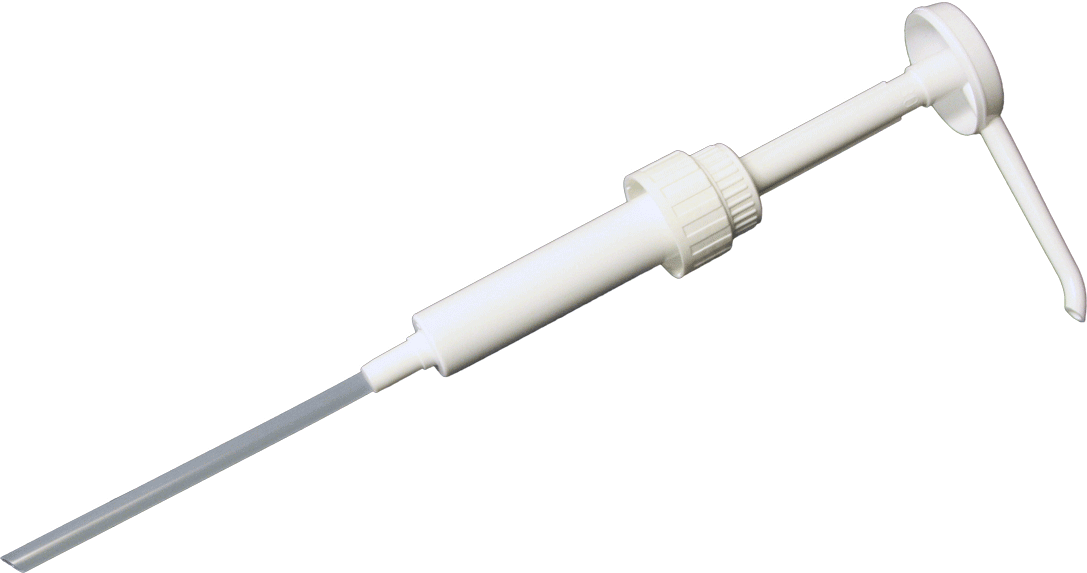
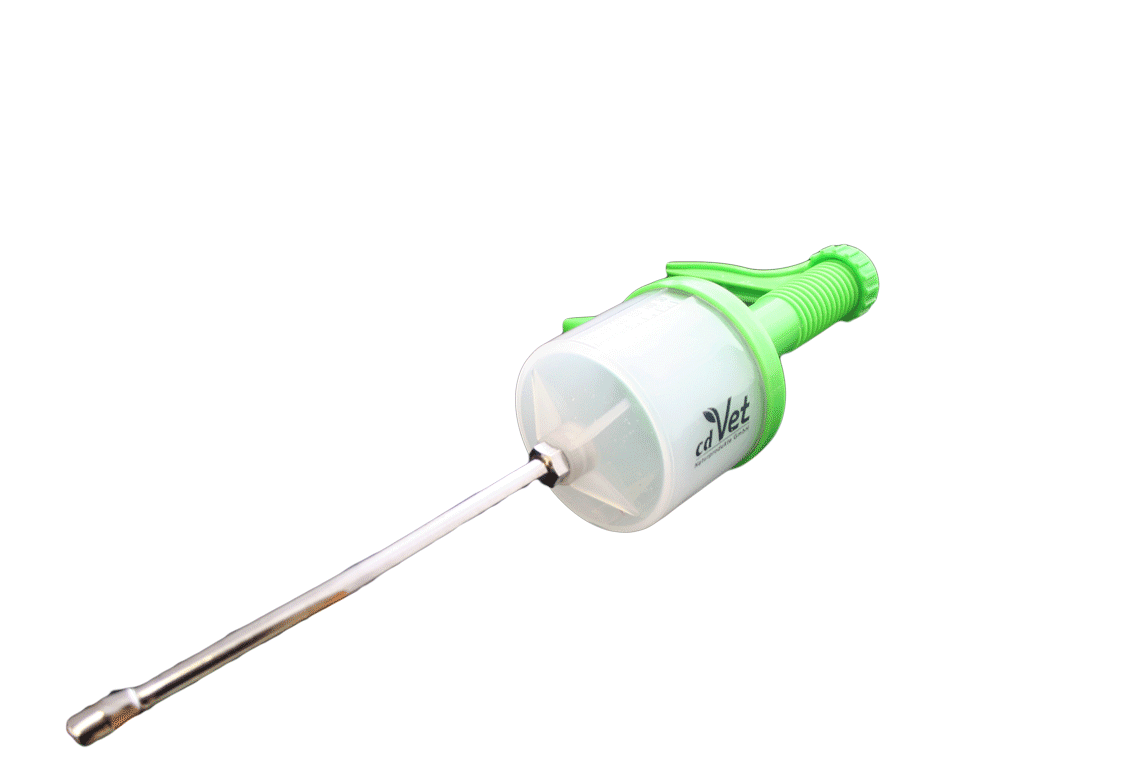
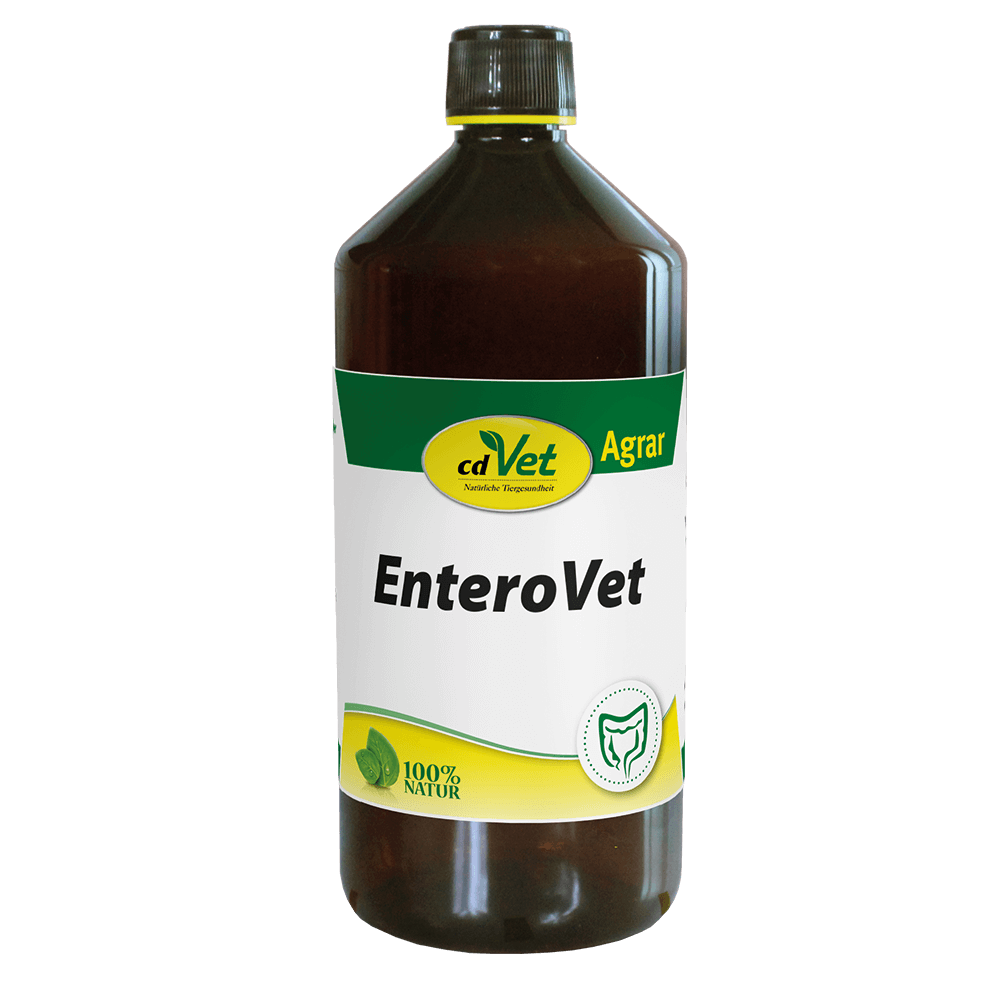
EnteroVet 1 L
Complementary feed (liquid) for poultry and calvesSupports feed utilization/digestion even when changing feed - appetite stimulatingEnteroVet nutritionally-related supports the condition of the intestinal flora. A well-conditioned and immune-enhanced intestinal ambience makes it more difficult for endoparasites to colonize in the intestine. This in turn also lowers the germ pressure in the stable, as fewer pathogenic germs are consequently excreted. Therefore, a healthy intestine is of particular importance for keeping animals healthy. This problem is particularly serious in the case of young animals, whose immune system is not yet fully developed and which are exposed to particular burdens from microorganisms that are new to them as a result of being re-stalled. Therefore, the reduction of germ pressure and thus the establishment of a healthy intestinal ambience is of the highest priority for them.EnteroVet contains digestive essential oils and important essential fatty acids. They particularly stimulate the secretion of bile and enzymes in the intestinal tract, which optimizes digestion. Less harmful metabolites are produced, the feed is better absorbed, and the immune system is strengthened. • optimizes the intestinal flora • strengthens the immune system • performance enhancement and stabilization through improved feed conversion • especially proven product in turkey fatteningComposition: dextrose, sodium chlorideAdditives/kg: Flavouring compounds: oregano oil 90 g, chestnut extract 180 g.Analytical constituents: crude protein 0.4%, crude fiber 0.2%, crude ash 1.8%, crude fat 0.9%, moisture 61.0%, sodium 0.3%Feeding recommendation: Shake well before use! Add EnteroVet to a small amount of liquid and stir well, then add to drinking water or milk. Poultry: 40-70 ml/1000 L drinking water. Feeding is recommended for a minimum period of 5 days. Calves: Over a period of about 7 days daily 1-2 ml/3 L milk.
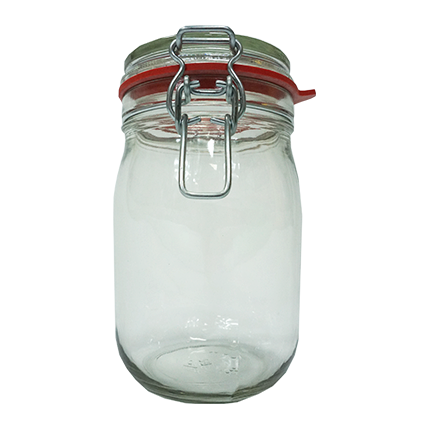
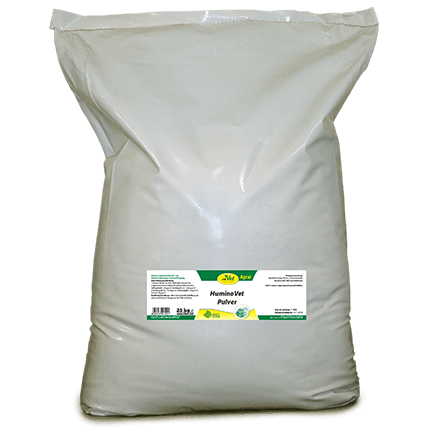
HuminoVet Powder LW 25 kg
Odor / ammonia binder and composting accelerator, germ displacementConventional manure tends to anaerobic decomposition through rottenness. By using HuminoVet Powder the rottenness with influence is promoted. Advantages of using HuminoVet powder:-Binding of ammonia - healthy stable air-Composting promotion - less dung volume-parasites (worms) are destroyed during the composting regarding emerging self-heating-at an application in the stable, the container treatment is unnecessaryAdvantages for the ground at land application of incurred dung/liquide manure:-Enhancement of soil fertility through the formation of plant-usable trace elements such as zinc, copper, manganese, etc.-Cost savings - much less synthetic fertilization necessary-Neutralization overacidified soils by high content of basic silicates-Strengthening of plants by increased defense capacity against pestsComposition: Special aluminas, humus, diatom earth, rock flour, lactic acid bacteriaDirections for use: Spray 1x per week according to amount of liquide manure on the stable floor. Poultry stable: 200g per m². Cattle slurry 0,4-0,6kg per m³. Pig slurry 0,5-0,7kg per m³. poultry slurry 1,5 kg per m³. dung 50g per m².Container handling: stir the recommended amount into the slurry while filling the container.Store in dry place and protect against cold!
Content: 25 Kilogramm (€4.26 / 1 Kilogramm)
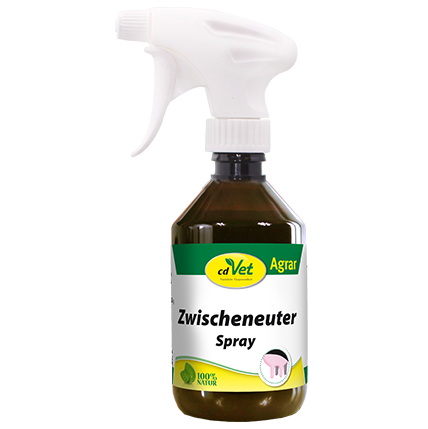
Intermediate Udder Spray 250ml
Care product for animalsNatural care product with ionizing silver for intensive skin care in intermediate udder areaBulging udder, friction, moisture and air seal can form the ideal conditions for strong microbial contamination in between legs- and intermediate udder area. Through this state between legs- or intermediate udder eczema are often caused or favored. Thus, in affected cows special health and care is needed.Interim Udder Spray is a natural care product for particularly intensive and effective skin care in between legs- and intermidiate udder area.- Reduction of friction susceptibility of the skin surface- intermediate udder spray has hygiene -improving long-term effect between the areas of skin, even with severe microbial contamination- Highly breathableTip of an expert: If necessary, the suction hose can be removed from the spray head so that the spray ability can be ensured even when used `overhead´.Composition: aqua, emulsifier, almond oil, jojoba oil, vegetable glycerin, calendula oil, lavender oil, sclerotium gum, micronized silver, sage oilApplication recommendation: Thinly and evenly spray on the exposed skin
Content: 0.25 Liter (€85.20 / 1 Liter)
Most cereals such as winter barley, rye and winter wheat are sown in the autumn.
According to the division into economic sectors, agriculture is part of primary production (primary sector). In a broader sense, agriculture also includes forestry, horticulture including ornamental plant and vegetable cultivation, fruit growing and other areas such as fishing, hunting and agricultural ancillary industries.
Agriculture is the economic use of the land to produce plant and animal products. It is also referred to as arable farming and livestock farming.
The federal government aims to align agricultural production more closely with the economic, social and ecological principles of sustainability than before.
Agriculture includes arable farming, fruit growing, vegetable growing, viticulture and hop growing, grassland use as well as cattle, pig and poultry farming and breeding.
